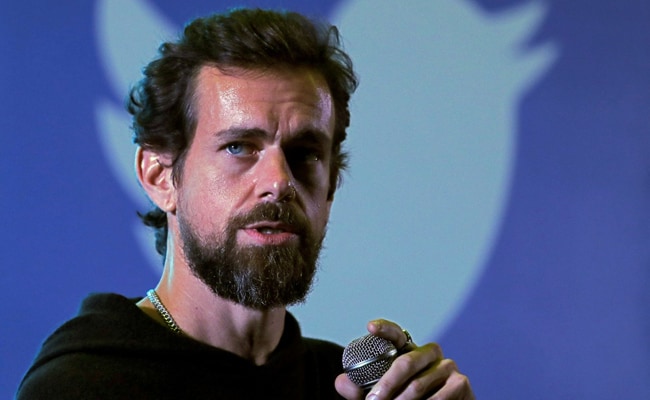Twitter today said it is concerned by “the potential threat to freedom of expression and intimidation tactics by the police”.

Twitter said while it will “strive to comply”, it would be guided by principles of transparency.
New Delhi:
Twitter today broke its silence on the new digital rules in the middle of a clash with the government over the “Congress toolkit row” and expressed concern over “the potential threat to freedom of expression and intimidation tactics by the police”. The social media giant also said while it will “strive to comply with applicable law”, it would be strictly guided by principles of transparency.
“Twitter is deeply committed to the people of India. Our service has proven vital for the public conversation and a source of support for people during the pandemic. To keep our service available, we will strive to comply with applicable law in India. But, just as we do around the world, we will continue to be strictly guided by principles of transparency, a commitment to empowering every voice on the service, and protecting freedom of expression and privacy under the rule of law,” said a Twitter spokesperson.
“Right now, we are concerned by recent events regarding our employees in India and the potential threat to freedom of expression for the people we serve. We, alongside many in civil society in India and around the world, have concerns with regards to the use of intimidation tactics by the police in response to enforcement of our global Terms of Service, as well as with core elements of the new IT Rules. We plan to advocate for changes to elements of these regulations that inhibit free, open public conversation. We will continue our constructive dialogue with the Indian Government and believe it is critical to adopt a collaborative approach. It is the collective responsibility of elected officials, industry, and civil society to safeguard the interests of the public.”
